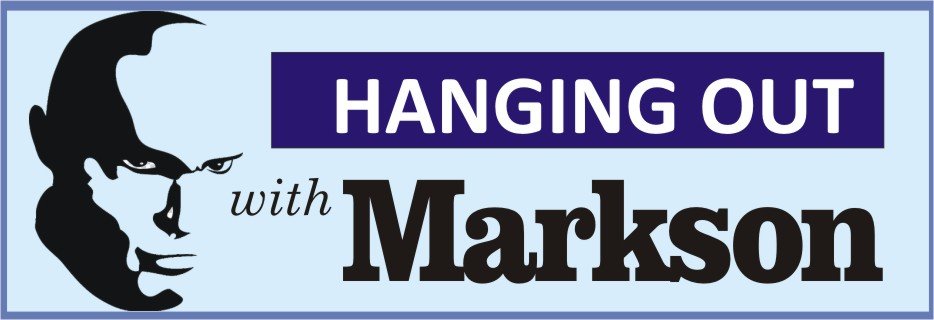
Port Harcourt — I’m talking about Ghana and Nigeria today and it is not about soccer. It’s politics! Ghana’s New Patriotic Party (NPP) which has been ruling since 2016 lost heavily to the opposition National Democratic Congress (NDC) in last week’s presidential poll, with former President John Mahama returning to power in a stunning political bounce back. The Vice-President and NPP flagbearer Mahamudu Bawumia called his opponent to congratulate him even before the results were officially announced suggesting the scale of the victory was self-evident. Sixty-five-year-old Mahama came to the poll with an impressive CV on the soapbox; having been a parliamentarian, minister, vice-president and president.
He served under President John Atta Mills as vice-president and succeeded him when he died in July 2012. He won his own term as President in the elections which held later that year but lost to the NPP in 2016 and 2020. (Like Nigeria, Ghana has a four-year presidential term.) Against all odds, Mr. Mahama again emerged as the Presidential candidate of the NDC and successfully campaigned on the slogan “Building the Ghana we want together.” Ghanaians who have been reeling under the effects of inflation, corruption scandals and mounting public debts showed the red card to the ruling party and turned to a familiar face.
The striking aspect of the outcome of the poll in Ghana is the defeat of a ruling party in a continent where such upsets have become more commonplace recently. Sitting governments have been voted out in Botswana, Mauritius, Senegal and more may happen in planned elections. Unlike in the past when governments in African countries made things difficult for opposition parties and did everything to ensure they remained in power, the trend now is that they gracefully concede defeat and hand over power. President Ahmed Bola Tinubu alluded to this when he called the Ghanaian President-elect to congratulate him barely 24 hours after his victory. “Dr. Bawumia’s magnanimity in defeat reinforces Ghana’s position as a beacon of democratic values on the continent,” the Nigerian leader said.
Tinubu’s words ignite memories of the most significant political upset in Nigeria yet when his All People’s Congress (APC) swept to power, defeating the incumbent PDP candidate Goodluck Jonathan.
Mr. Tinubu, one of the architects of the political realignment that birthed this victory, is in his first tenure as President as the APC consolidated his hold on power. As he called to speak with the winner of the election in Ghana, he must have been reminded of the upscale victory of Muhammadu Buhari, the APC candidate in the election of 2015.
The lessons from Ghana are many. As Shakespeare says in Anthony and Cleopatra in “Kingdoms are clay.” Nothing is as slippery as the soapbox. It’s like a revolving door of power. Today’s winner could be tomorrow’s loser and vice versa. Those in power should tread carefully and speak softly. The APC and Nigerian government must learn from the experience of our neighbours and realise that power is transient. The voters who install can remove.
Another lesson is that, with opposition parties now winning elections, it would appear that democratic ideals are gaining root in Africa. I’m being cautious in this claim because I suspect many people would disagree. And I understand. It’s not yet goodbye to military coups in Africa. Reports indicate the continent experienced some 80 putsches that were successful with more than 100 failed attempts from 1956 to 2001. The cancer was ubiquitous – from Cotonou to Cairo and from Lagos to Libya. Today, we have military governments entrenched in Mali, Niger, Burkina Faso, Sudan and Guinea.
The lesson from this is that, while we rejoice in the wind of democracy blowing across the continent, we still have a long way to go. The first step in the journey is good governance not gerrymandering; sensible and practical economic policies not bombastic experiments that hurt more than they heal and leaders who feel (and respond) to the pulse of the common man.
Take note, Aso Villa!
